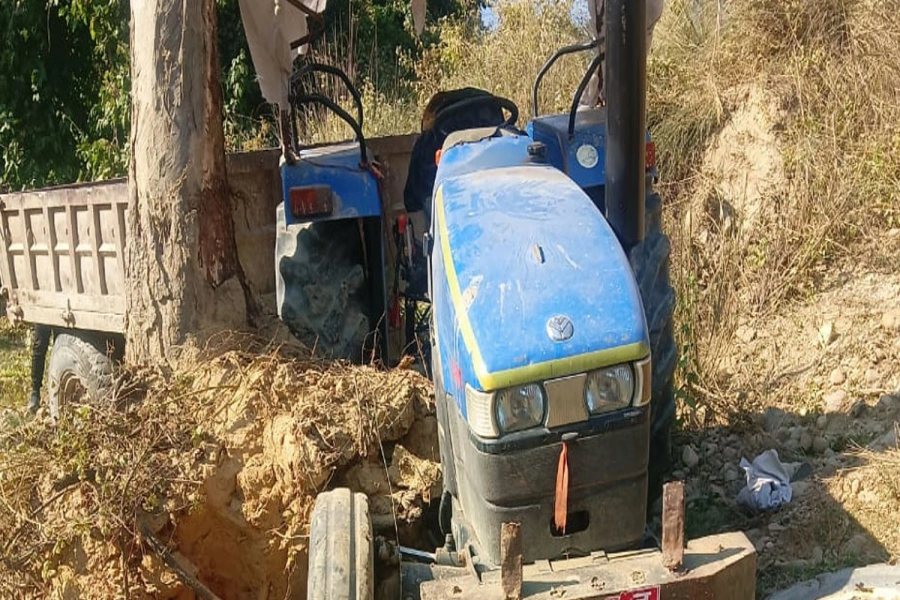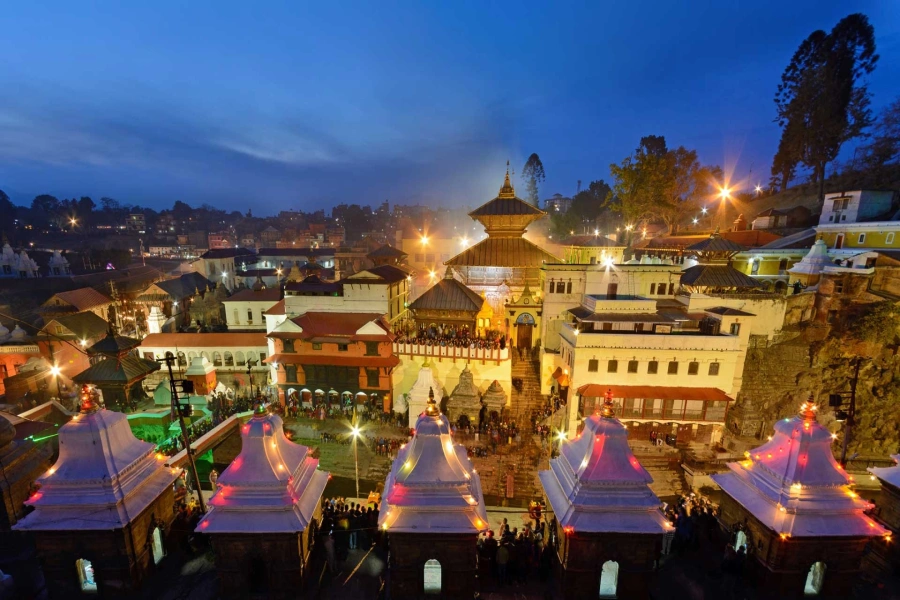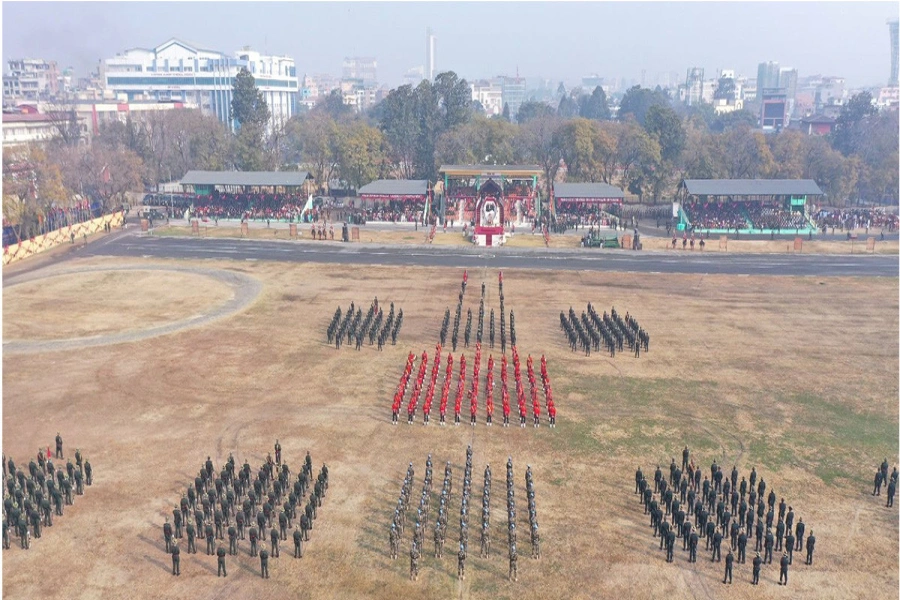SINDHUPALCHOWK, Feb 1: Some women of the Majhi community in Badegaun of Sindhupalchowk district have built attractive houses all by themselves. The integrated settlement spread across some 24 ropanis of land near a jungle and the Indrawati River offers all basic facilities. The houses are uniform in shape, size and color.
"Maroon and white have been used. They are quite attractive. Now, we are going to live in beautiful house instead of a jungle," said an elated Mithu Majhi, 60. "We have lived in huts all our life.
This change of shelter now is unbelievable," she added.
A total of 36 houses have been built under the project. The Majhi community which was living scattered with poor facilities from earlier time was further hit due to the devastating earthquake of 2015. Later, landslides added more woes to their lives. On Thursday, the families were all smiles when they were being handed over the new houses.
School dropouts in Majhi community increasing rapidly

While Sharmila Majhi, 25, had led the construction, a local organization called 'Mahila Atmanirbharta Kendra' (MAK) in association with Oxfam extended financial and technical support. The project had begun a year ago.
According to Krishna Gurung, manager of MAK, the settlement is worth Rs 30.1 million while labor has been contributed by Majhi women. "It took a year to complete the project," he said.
The settlement which spreads across 24 ropanis of land is now home to Majhi families from Pyughar, Bhadaure and Galfule areas. They have selected houses for themselves.
These people were living in makeshift houses nearby.
The reconstruction authority had provided them Rs 200,000 per family for land, while Indrawati Rural Municipality had given Rs 891,000 per unit of house.
Each of the three-room houses worth over Rs 700,000 each has a toilet and a water tap outside. There is enough open space for all the units.
"We had been living scattered in the jungle. Now our houses are quite close to each other's. This is going to be a new life," said Chandika Majhi, 35.
"There was a huge hassle for drinking water. We had to walk around three kilometers to fetch water, but the problem is solved now," he added.




































